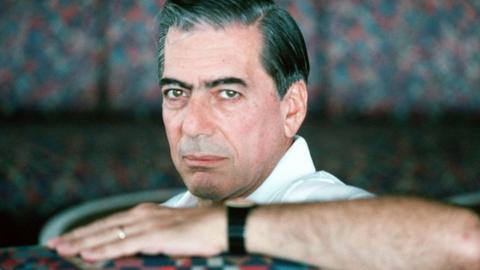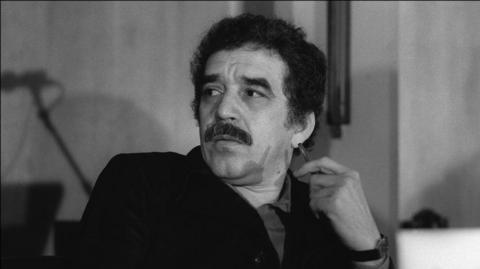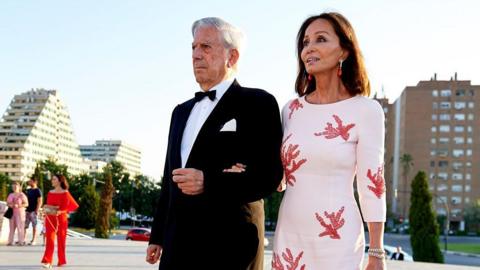Mario Vargas Llosa, who has died at the age of 89 in his native Peru, was a towering figure in Latin American literature and culture who rarely shied away from controversy.
With more than 50 works to his name, many of which have been widely translated, Vargas Llosa won the Nobel Prize for Literature in 2010 when judges dubbed him a "divinely gifted story-teller". His depictions of authoritarianism, violence and machismo, using rich language and imagery, made him a star of the Latin American Boom literary movement that shone a global spotlight on the continent.
At first sympathetic to left-wing ideas, he grew disillusioned with Latin America's revolutionary causes, eventually running unsuccessfully for the Peruvian presidency with a centre-right party in 1990.
Vargas Llosa was born in 1936 to a middle-class family in Arequipa in southern Peru. After his parents separated while he was an infant, he moved to Cochabamba in Bolivia with his great-grandparents. He returned to Peru aged 10 and six years later he wrote his first play, The Escape of the Inca. He graduated from Lima University, studied in Spain and later moved to Paris.
His first novel, The Time of the Hero, was an indictment of corruption and abuse at a Peruvian military school. Written at a time when the country's military wielded significant political and social power, it was published in 1962.
Its forceful, menacing imagery was condemned by several Peruvian generals. One accused Vargas Llosa of having a "degenerate mind".
It was based on the writer's own time as a teenager at the Leoncio Prado Military Academy, which he described in 1990 as "an extremely traumatic experience". His two years there made him see his country "as a violent society, filled with bitterness, made up of social, cultural, and racial factions in complete opposition". The school itself burnt 1,000 copies of the novel on its grounds, Vargas Llosa claimed.
His experimental second novel The Green House (1966) was set in the Peruvian desert and jungle, and described an alliance of pimps, missionaries and soldiers based around a brothel.
The two novels helped found the Latin American Boom literary movement of the 1960s and 1970s. The Boom was characterised by experimental and explicitly political works that reflected a continent in turmoil.


